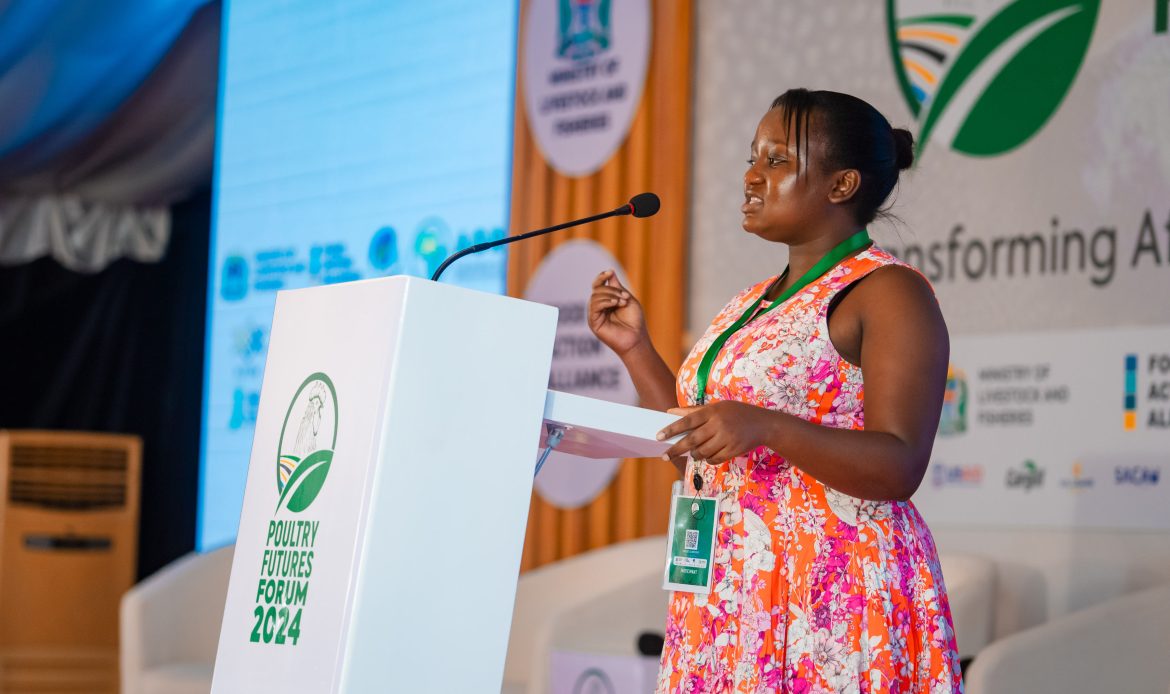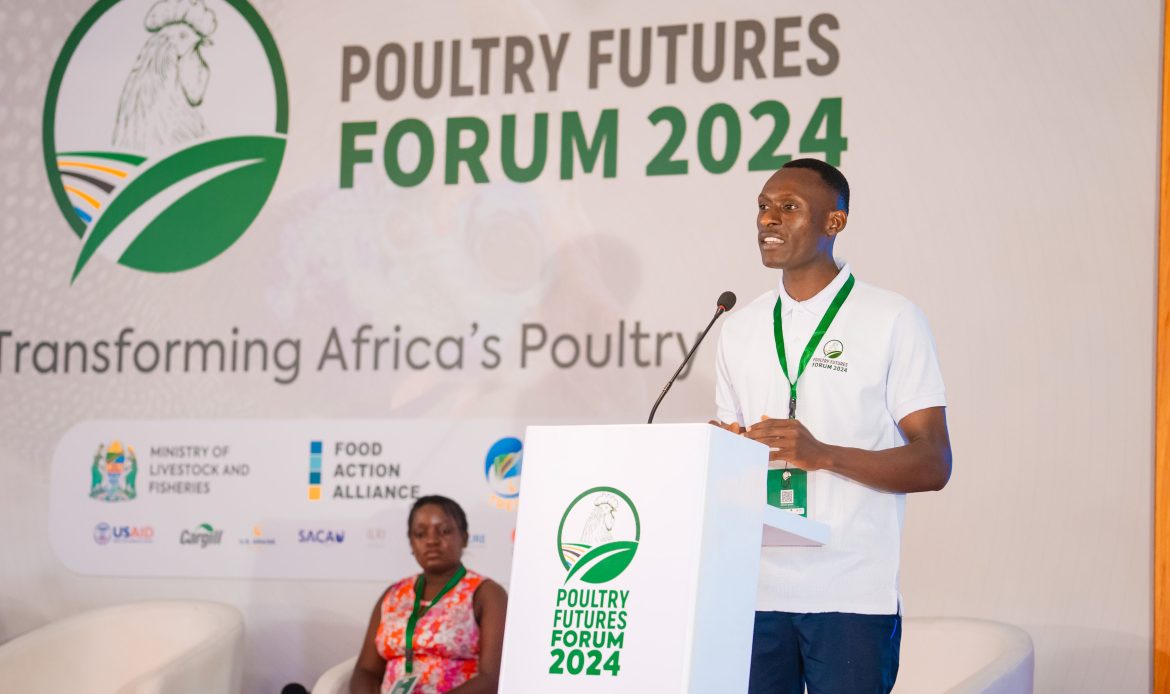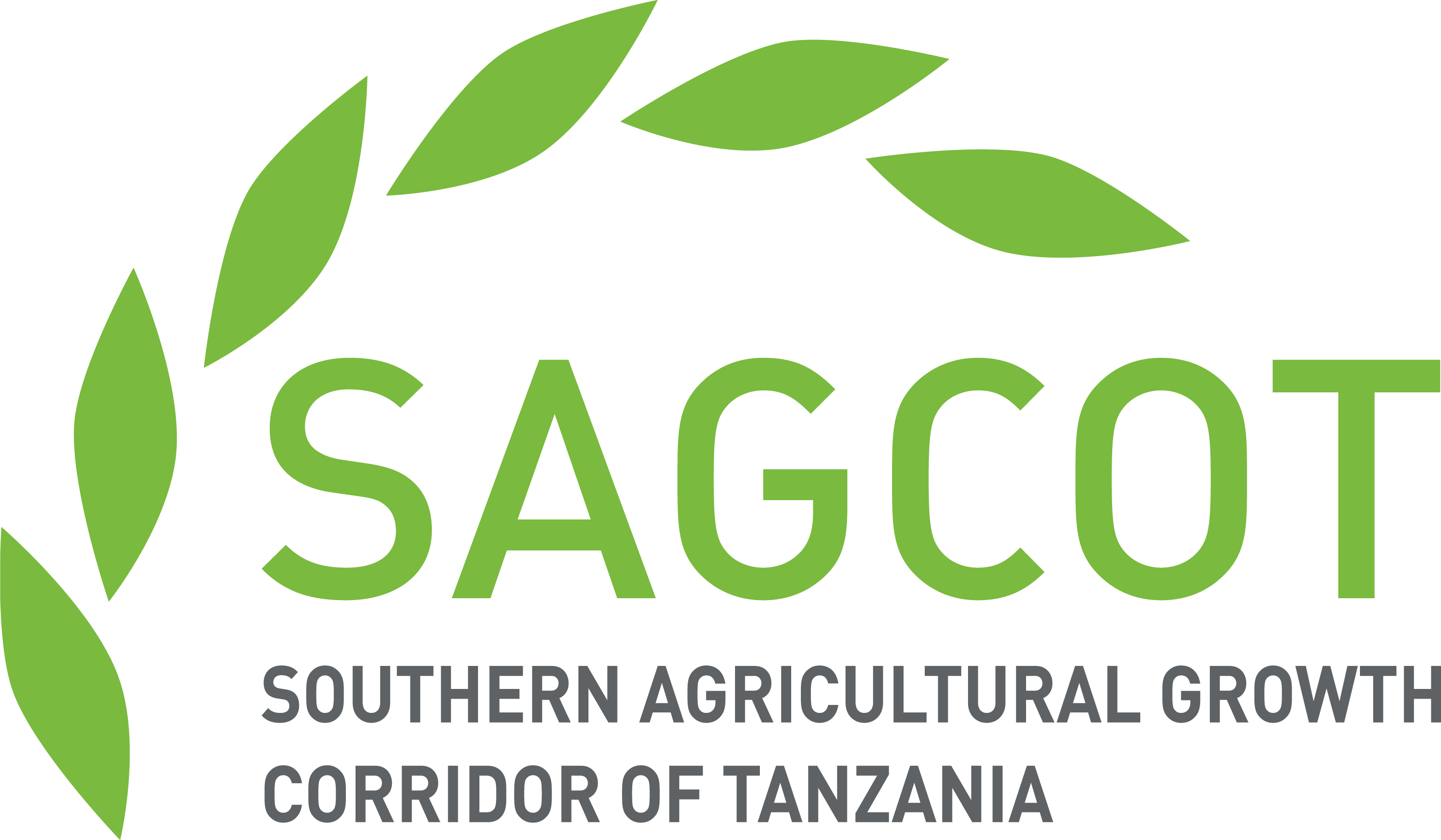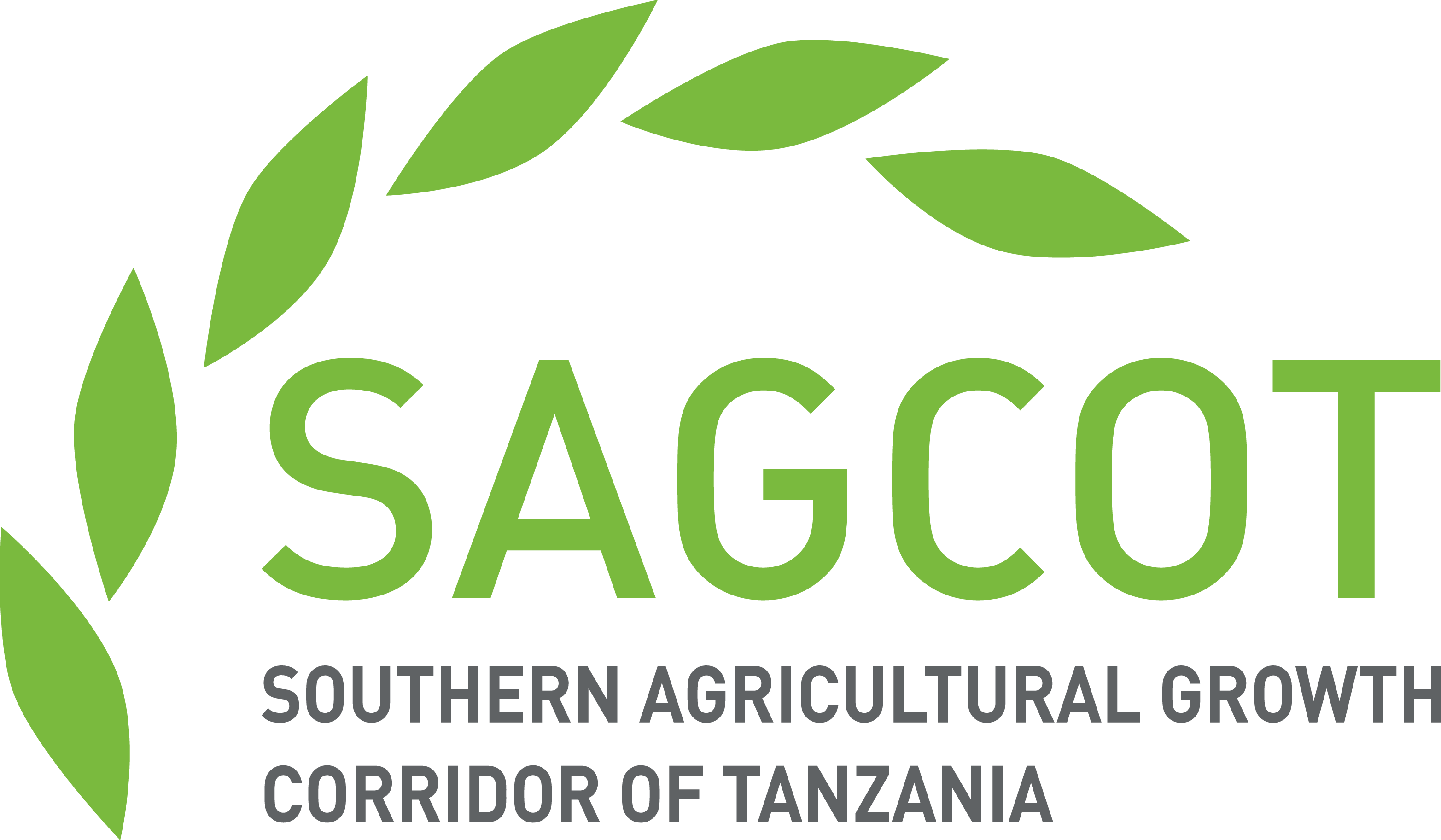The Poultry Futures Forum 2024, held in Dar es Salaam, highlighted the pivotal role of youth empowerment and gender inclusion in shaping the future of the poultry industry across Southern Africa. Young farmers from Tanzania and Malawi shared their inspiring stories, showcasing how technology, innovation, and resilience drive transformative change in the sector. Their experiences underscored the critical need for investment and support to enable youth and women to take leadership roles in sustainable poultry farming.
Transforming Family Poultry Farming in Tanzania
In Tanzania, poultry farming has long been a staple of household livelihoods, with chickens playing a key role in family sustenance. However, young farmers like Omari Musa are now advocating for commercialising poultry farming as a path to greater economic opportunities. Omari shared how youth-focused initiatives are helping to transform traditional poultry practices into profitable ventures.
“Our families have always lived with chickens, but now it’s time to move towards commercial poultry farming. With the right support, youth can lead this transformation,” Omari said.
One such initiative is TangaYetu, under which the Kuku Pesa Group has made significant strides in empowering young farmers. Supported by Fondation Botnar, this program has partnered with AKM Glitters, a company helping to equip 118 young people who are now actively raising poultry. These youth, in turn, are supporting 98 additional poultry keepers across Tanga City, Pangani, and Muheza District Councils.
“By working with TangaYetu and AKM Glitters, we’ve been able to reach young farmers who are changing the landscape of poultry farming in our communities. We’re providing support for those looking to scale up and commercialize their poultry businesses,” Omari explained.
Access to Funding for Young Farmers
Despite the advances made by these initiatives, Omari stressed the pressing need for financial support to help young farmers expand their operations. Loan providers like EFTA are stepping in, offering funding options that allow youth to secure starter capital by providing 25% of the funds, while EFTA covers the remaining 75%.
“Youth need access to funding if we are to commercialize poultry farming. Programs like EFTA are making a difference by offering loan support, but we still need more opportunities for financing,” Omari urged.
By leveraging local resources, technology, and innovative financing models, Tanzania’s youth are leading the shift from traditional to commercial poultry farming. This shift can potentially make poultry a cornerstone of the national economy and a solution to food security challenges.
Malawian Youth: Innovating for Sustainable Poultry Farming
At the Poultry Futures Forum 2024, Grace Gondwe, a young farmer from Malawi, shared her remarkable journey of resilience and innovation in the poultry sector. Grace, a university student passionate about agriculture, saw poultry farming as a way to create employment for herself and others in the face of high unemployment in Malawi. What started as a small broiler farming operation has since evolved into a groundbreaking venture supporting many farmers.
“When I was in my third year of university, I saw the challenge of unemployment and thought, why not create employment for myself and others? Poultry farming became my path,” Grace shared.
Initially focusing on broiler production, Grace encountered significant challenges, such as a market dominated by large companies practising vertical integration, which made it nearly impossible for small-scale farmers like her to compete. The high cost of production, mainly feed, added to her difficulties. After two years of struggling with broilers, Grace pivoted to indigenous chicken farming, which proved to be a more sustainable and manageable option for smallholder farmers.
“The monopolized market and high production costs made it difficult for me to continue with broilers. I realized I needed to change my approach, so I turned to indigenous chickens,” she explained.
Leveraging Technology: Feed Optimization Software
Determined to tackle the high cost of production, Grace used her animal science background to develop a feed optimization software. This tool allows farmers to create customized feed formulas tailored to their needs, reducing reliance on expensive commercial feeds. The software has been a game-changer for Grace and many other small-scale farmers, improving profitability while significantly cutting costs.
“We created a software that allows farmers to formulate feed unique to their needs. This innovation has reduced costs and increased profitability by over 10%, making poultry farming more sustainable for young farmers,” Grace said.
Her technological innovation has not only enabled Grace to scale her poultry business but also provided a model for other farmers in Malawi to adopt more cost-effective and efficient practices.
Empowering Youth in Agriculture
Grace’s journey is a testament to the power of innovation and perseverance in overcoming the challenges smallholder farmers face. As a Youth Ambassador for the Farmers Union of Malawi, Grace now uses her platform to advocate for including more young people in agriculture. She believes that with the right financial and technical support, youth can play a transformative role in the poultry industry and contribute to national food security.
“Being experienced in poultry production has opened doors for me. I’ve become a consultant, not just any consultant, but one who uses technology to improve farming efficiency. I’m helping other young farmers start their own poultry businesses and achieve sustainable growth,” Grace noted.
Her innovative approach underscores the potential of youth in agriculture, where fresh perspectives and technological advancements can lead to solutions that address long-standing challenges in the sector.
A Call to Action for Investors and Stakeholders
In her closing remarks, Grace called on investors and stakeholders to actively support youth-driven initiatives in agriculture. She emphasized that young people are not just beneficiaries but essential partners in creating sustainable solutions for the poultry industry. She urged forum participants to invest in youth-led innovations and help build a more inclusive agricultural ecosystem.
“To the investors here today, many young people like me are ready to make a difference. We need your support in funding and mentorship to scale up our innovations and make the poultry industry stronger and more sustainable,” Grace noted.
“To the investors here today, many young people like me are ready to make a difference. We need your support in funding and mentorship to scale up our innovations and make the poultry industry stronger and more sustainable,” she urged.






